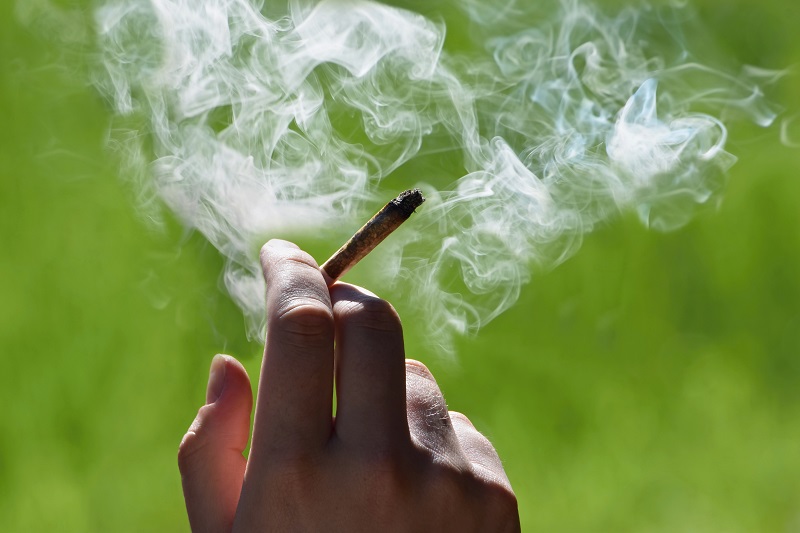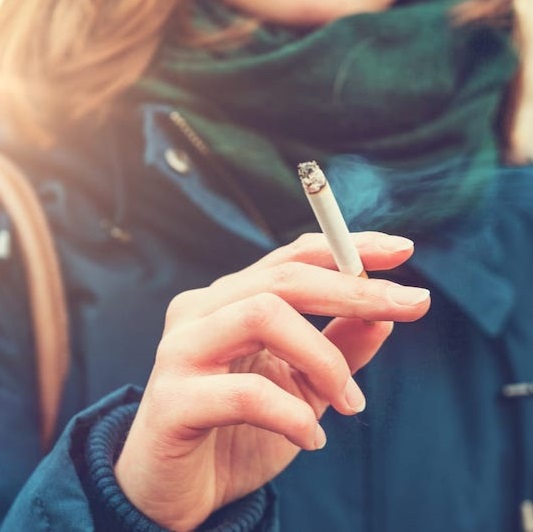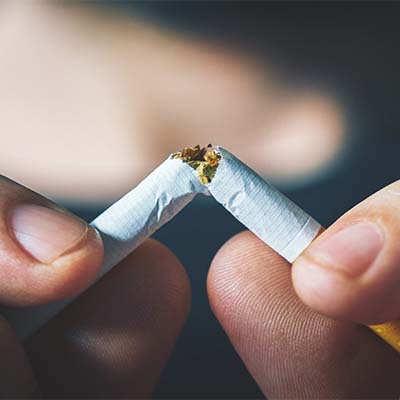Does Smoking Weed Cause Lung Cancer?

March 01, 2023
In New Jersey, using cannabis recreationally is now legal for those 21 and older. This development has many people wondering if smoking weed can cause damage to the lungs, and even cause lung cancer.
“Unfortunately more research is needed to determine if smoking weed can cause lung cancer,” says thoracic surgical oncologist, Dennis Vega, M.D. “But we do know that inhaling any kind of smoke isn’t good for the lungs.”
How Smoking Weed Causes Lung Damage
According to the American Lung Association, smoking marijuana can damage the lungs, it can:
- Damage the cell linings of the lungs, which can lead to chronic cough, phlegm, upper respiratory infections, bronchitis or pneumonia
- Affect the immune system making it harder to fight disease and infection
- Expose the lungs to the same toxins and carcinogens as found in tobacco
Weed has been shown to contain tar, similar to what’s found in cigarettes. Those who smoke marijuana typically smoke differently than those who smoke tobacco – breathing the smoke in deeper and holding it in their lungs before exhaling. This leads to greater lung exposure to tar.
Smoking Weed and Lung Cancer
More research is needed to understand if there’s a connection between smoking weed and lung cancer.
However, we do know that the smoking habits of cigarette users and weed users are different, which may impact risk:
- Because weed’s effects last longer than cigarettes, people may smoke it less often.
- Cigarette smokers light up about 14 cigarettes daily, according to CDC data. By contrast, recreational weed users smoke about 11 joints weekly, according to research.
“Although a direct connection between smoking weed and lung cancer hasn’t been established, I would caution you against smoking anything, due to the damage it can cause on your lungs,” says Dr. Vega. “It’s important to also refrain from smoking around others, especially kids, because they can be impacted by secondhand smoke.”
Next Steps & Resources:
- Meet our source: Dennis Vega, M.D.
- To make an appointment with Dr. Vega, or a doctor near you, call 800-822-8905 or visit our website.
The material provided through HealthU is intended to be used as general information only and should not replace the advice of your physician. Always consult your physician for individual care.





